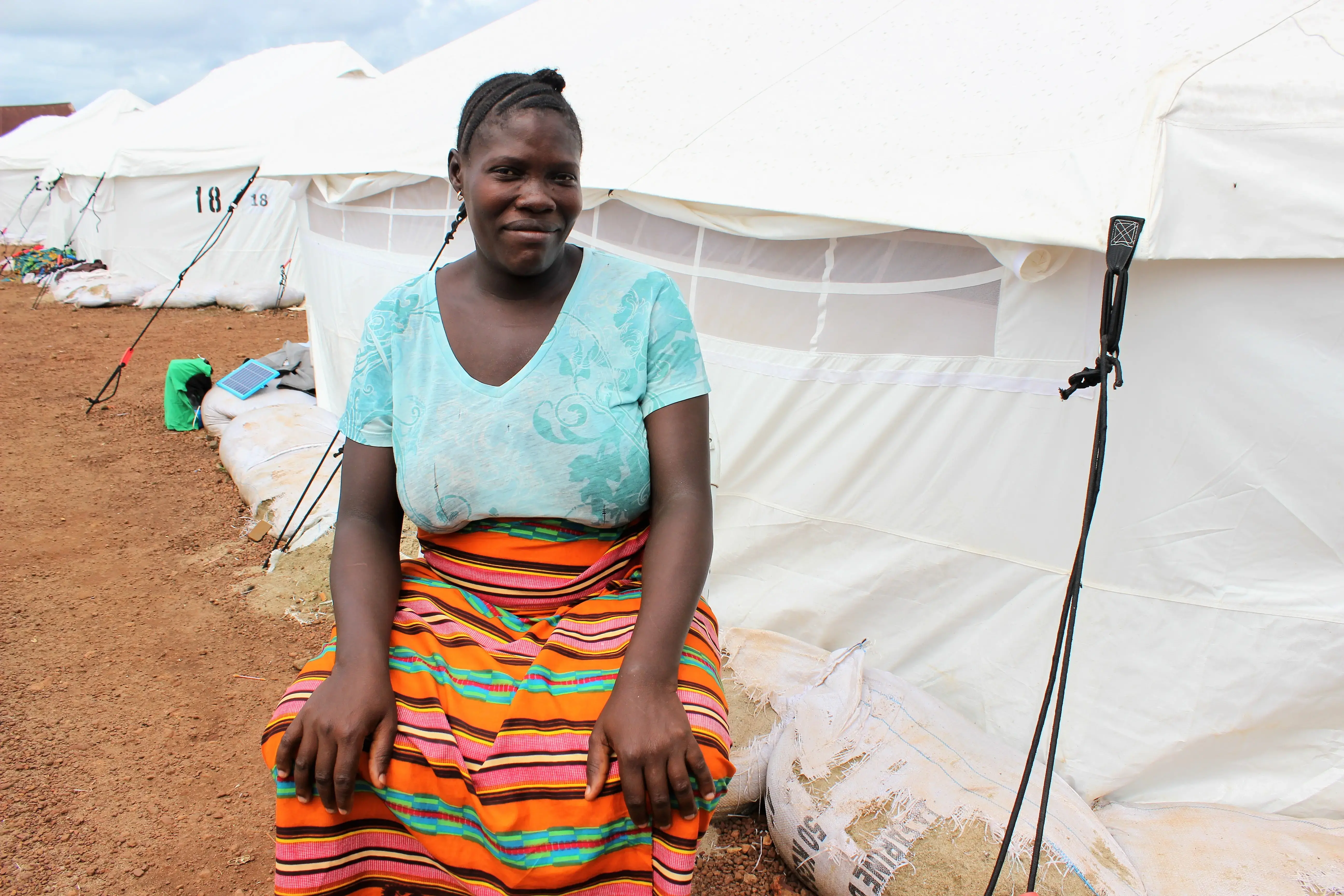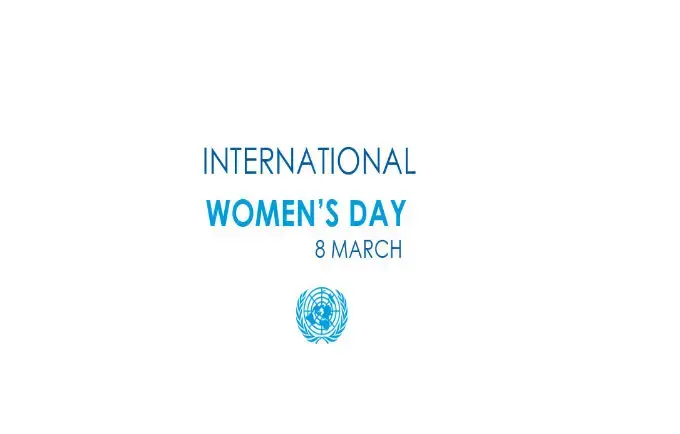MAKENI, Sierra Leone, November 2017 - A large crowd gathered at the School of Midwifery in Makeni, northern Sierra Leone to witness the 2017 graduation ceremony of 64 midwives. The new midwives are the sixth cohort of students to graduate from the School of Midwifery, making a total of 397 midwives since the establishment of the school in 2010.
The theme for this year’s graduation was, “Midwives: Making a difference through partnership.” The theme emphasised the significance of effective partnerships with various organizations committed to building the capacity of midwives. The School’s objective is to contribute to the reduction of maternal and infant mortality and morbidity by providing high quality training for midwives who will work in both rural and urban areas of Sierra Leone.
Sierra Leone’s Minister of Health and Sanitation, Dr. Abu Bakarr Fofanah said, “The new midwives look mentally and physically prepared to embark on a life-changing career to significantly contribute in reducing maternal and newborn deaths in Sierra Leone. He added, “Midwives deliver more than babies. They deliver reproductive health services to families and communities, provide counselling and services for family planning and HIV Prevention, including prevention of mother-to-child transmission. Midwives play a key role in an effort to achieve all the health related SDGs.”
The Sierra Leone 2013 Demographic and Health Survey indicated the number of qualified midwives in the country are not equivalent to the number of patients. The report estimated that the country needs about 3,500 midwives for a population of 7 million to serve women of childbearing age. The survey highlighted that there are still gaps in accessing midwifery services, especially in rural and remote areas, where general infrastructure – transportation, roads and electricity – are inadequate.
Improving the Midwifery School
In Sierra Leone, the maternal maternity ratio of 1360 per 100,000 births is significantly high. It is important to support the training of midwives in order to subsequently reduce the number of maternal deaths. The most important intervention for safe motherhood is to ensure that there are skilled and professional attendants available at every birth.
Head of the School of Midwifery in Makeni, Mrs. Francess Fornah said, “A well-educated, well-regulated and well-supported midwife will yield better health outcomes for women and their newborns.” She added, “There is a critical need to not only increase the number of teachers, but to also build the capacity of existing ones to meet the educational standards of teacher qualification.”
The School of Midwifery programme was initiated by UNFPA, The United Nations reproductive health and rights agency, in 2010, in collaboration with the Ministry of Health and Sanitation, with generous funds from UK aid (also known as UK Department for International Development - DfID). UNFPA has been providing the School of Midwifery in Makeni with scholarships for 60 students every year since 2013; contributing to the enrollment of 350 and 230 graduates. The organization’s support has provided ICT equipment for the resource centre including computers, Digital Satellite Television and solar lamps to students, to enhance a resourceful and conducive reading environment. Additionally, UNFPA is supporting clinical supervision of students on placement sites, curriculum development, and preceptorship training. UNFPA supports two midwifery schools in Sierra Leone.
Dr. Kim Eva Dickson, UNFPA Sierra Leone country representative, congratulating the new midwives on their graduation said, “Once you are deployed to your respective duty stations, the work you do will have a direct impact on the health of women and children of Sierra Leone. You will also help to offset some of the poor health indicators of the country.”
Trained midwives to assure safe births
One particular graduate midwife is 35-year-old Jariatu Mameh Sillah, who received five awards for best student in family planning, fundamentals of midwifery practice and community midwifery, anatomy and physiology, and best overall graduating student for the year.
“This has been my dream. To become a midwife and help put an end to the increasing deaths of women and girls during child delivery. I started volunteering at the Makeni Government Hospital in the maternity unit for two years.
Mother of one, Jariatu said about 90 per cent of her fellow midwives are married with children. “My husband initially disapproved my decision to go back to school. Whenever I wanted to leave the house for classes, my husband and I would argue.”
“A midwife may be the only health official that most women in the childbearing age may be able to meet with in many areas of rural Sierra Leone. Midwives play such a crucial role in health promotion and providing care to these women. At the maternity unit, I realized many of the pregnant women visited clinics to receive ante-natal care at a late stage of their pregnancy,” said Jariatu. She emphasized that early attendance of pregnant women allows doctors to treat and manage other treatable health conditions that the women may develop.
Jariatu believes that the trend of home delivery is gradually changing today. She suggested that more women are now visiting hospitals and clinics for antenatal care. “This is something I am extremely excited about,” she added.
***
UNFPA is the lead UN agency for delivering a world where every pregnancy is wanted, every childbirth is safe and every young person’s potential is fulfilled. UNFPA reaches millions of women and young people in 155 countries and territories.
For more information, please contact:
Ms. Angelique Reid, Communications Specialist
UNFPA Sierra Leone
M: 078 340044




